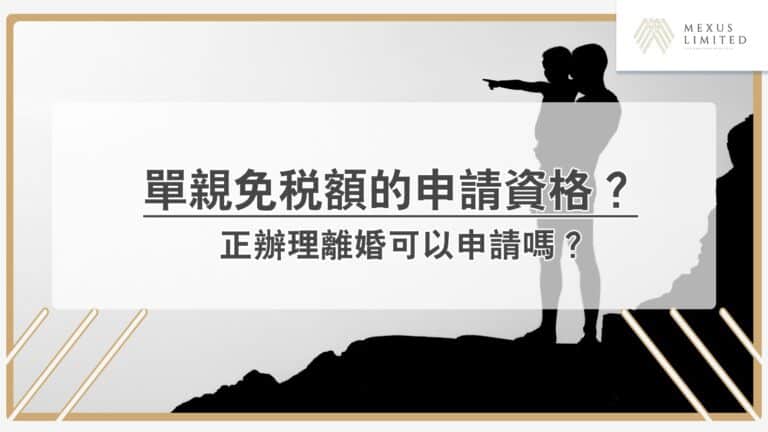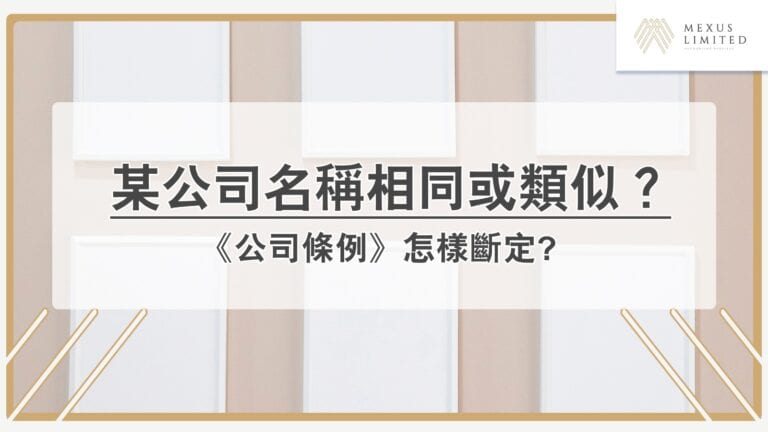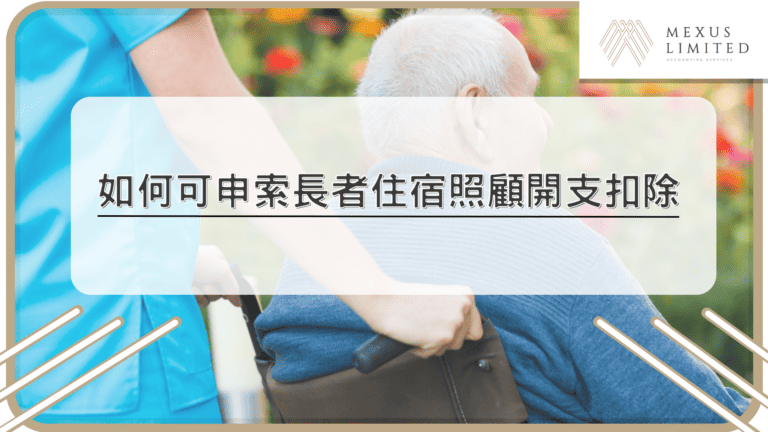2023 Hong Kong Stamp Duty Guide: Ad Valorem Stamp Duty, SSD, Buyer’s Stamp Duty?

The purpose of paying stamp duty is to ensure the authenticity and validity of the lease document and to establish the legal validity of the sale and purchase agreement to protect the rights and interests of both parties to the transaction. If the lease is not stamped, the document cannot be presented as evidence in court. All the tenant needs to do is to prepare the lease documents (fill in the address for stamping) and the corresponding fees for the stamping process. The amount of stamping/stamp duty payable depends on the value of the transaction and the identity of the buyer, and sometimes there are penalties for late payment. The following are three common types of stamp duty explanations:
Back to Tax Return Q&A List
Confident of reaching the tougher ones? See advanced tax examples and court cases to share
Table of Contents
What is “Ad Valorem Stamp Duty”?
What is “Special Stamp Duty”?
What is “Buyer’s Stamp Duty”?
What is “Ad Valorem Stamp Duty”?
“Ad Valorem Stamp Duty (AVD) is a stamp duty payable on the transfer of a property and the rate varies depending on the status of the buyer and the value of the property. For first time buyers, the lowest rate of stamp duty is paid. This can be divided into three categories:
1. First-time buyer’s stamp duty
The First Home Ad Valorem Stamp Duty, also known as the “Standard Rate 2”, is only applicable to Hong Kong permanent residents acting on their own behalf, especially first-time buyers or those who do not hold other residential properties at the time of the transaction.
If a person replacing a property sells his or her only other residential property within 6 months of purchasing the new property, he or she may apply to the Inland Revenue Department for a partial refund of stamp duty equal to the difference between the old and new stamp duty.
2. Non-First Home Stamp Duty Rate
The main purpose of the Non-First Home Stamp Duty, also known as Double Stamp Duty, is to control speculative activities in the real estate market, including restrictions on investors engaging in activities such as buying and renting. Since November 5, 2016, a 15% “non-first-time buyer stamp duty” is payable on the purchase of residential properties, calculated at the first standard Part I rate.
It is also worth noting that eligible foreign nationals who have resided in Hong Kong for seven years and become permanent residents of Hong Kong may apply for a refund of the stamp duty paid on new residential properties, but will still be required to pay the first ad valorem stamp duty calculated at the second standard rate. These measures will apply to agreements for sale and purchase signed on or after 19 October 2022.
3. Non-residential ad valorem stamp duty rates
In order to curb speculation in the property market, the Hong Kong Government introduced the Double Stamp Duty in 2013, doubling the second standard rate for non-residential properties (including car parking spaces).
However, following a significant decline in non-residential property transactions over time, the 2020 Policy Address announced the removal of the double stamp duty on non-residential properties. Starting from 26 November 2020, the First Stamp Duty rate will apply to all transactions of non-residential properties purchased by individuals or companies. These measures aim to balance supply and demand in the market, promote the healthy development of the property market, and encourage the public to invest more in non-residential properties.
What is the Special Stamp Duty?
The SSD is one of the tax measures implemented by the Hong Kong Government to control speculative activities in the property market. This tax is mainly targeted at property speculation by non-local investors.
The SSD rate is based on the value of the property and the identity of the purchaser, and can be as high as 30%. This tax was introduced in October 2012 and became effective in April 2013 and is levied on top of the ad valorem stamp duty.
What is “Buyer’s Stamp Duty”?
Buyer’s Stamp Duty (BSD), also known as “Non-Hong Kong Permanent Resident Stamp Duty”, is a tax measure for non-local investors and companies to curb speculation and is levied on top of AVD and SSD.
This tax measure also targets foreign investors/corporations to further control their speculative activities in the Hong Kong property market. However, eligible foreign nationals who have resided in Hong Kong for seven years and become permanent residents of Hong Kong may apply for a refund of the BSD paid on their first purchase of a residential property. These measures will apply to agreements for sale and purchase signed on or after 19 October 2022. The above information is for reference only. If you have any questions or information on tax filing (personal tax return, corporate tax return, accountant tax return), you are welcome to contact our professional advisors and we will provide you with free quotation and consultation services later.




